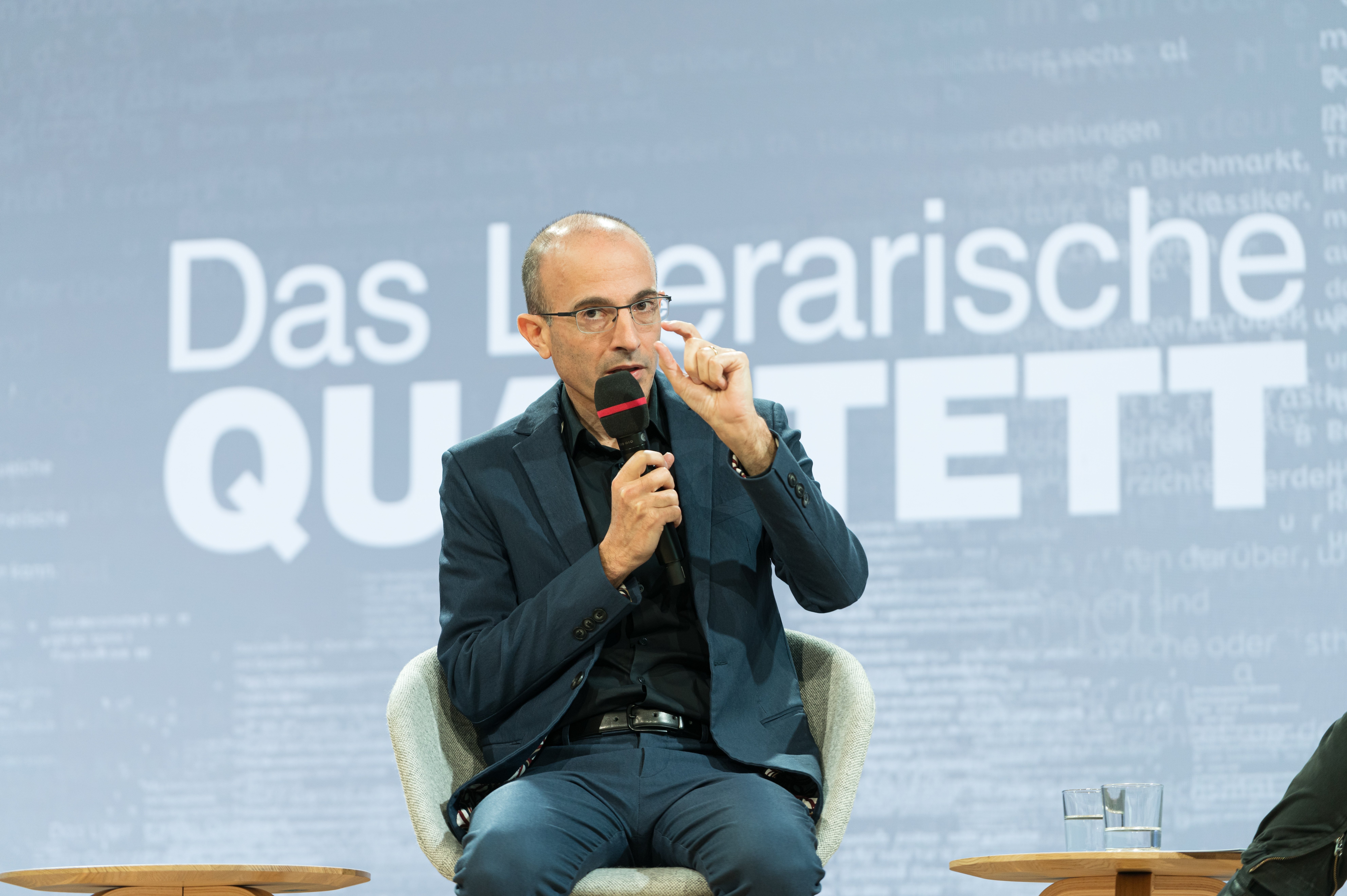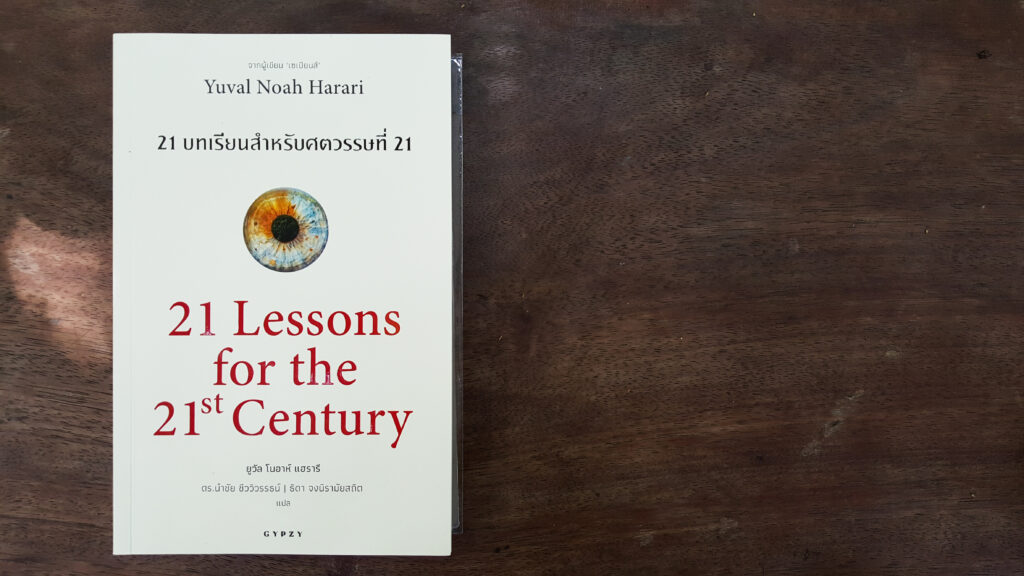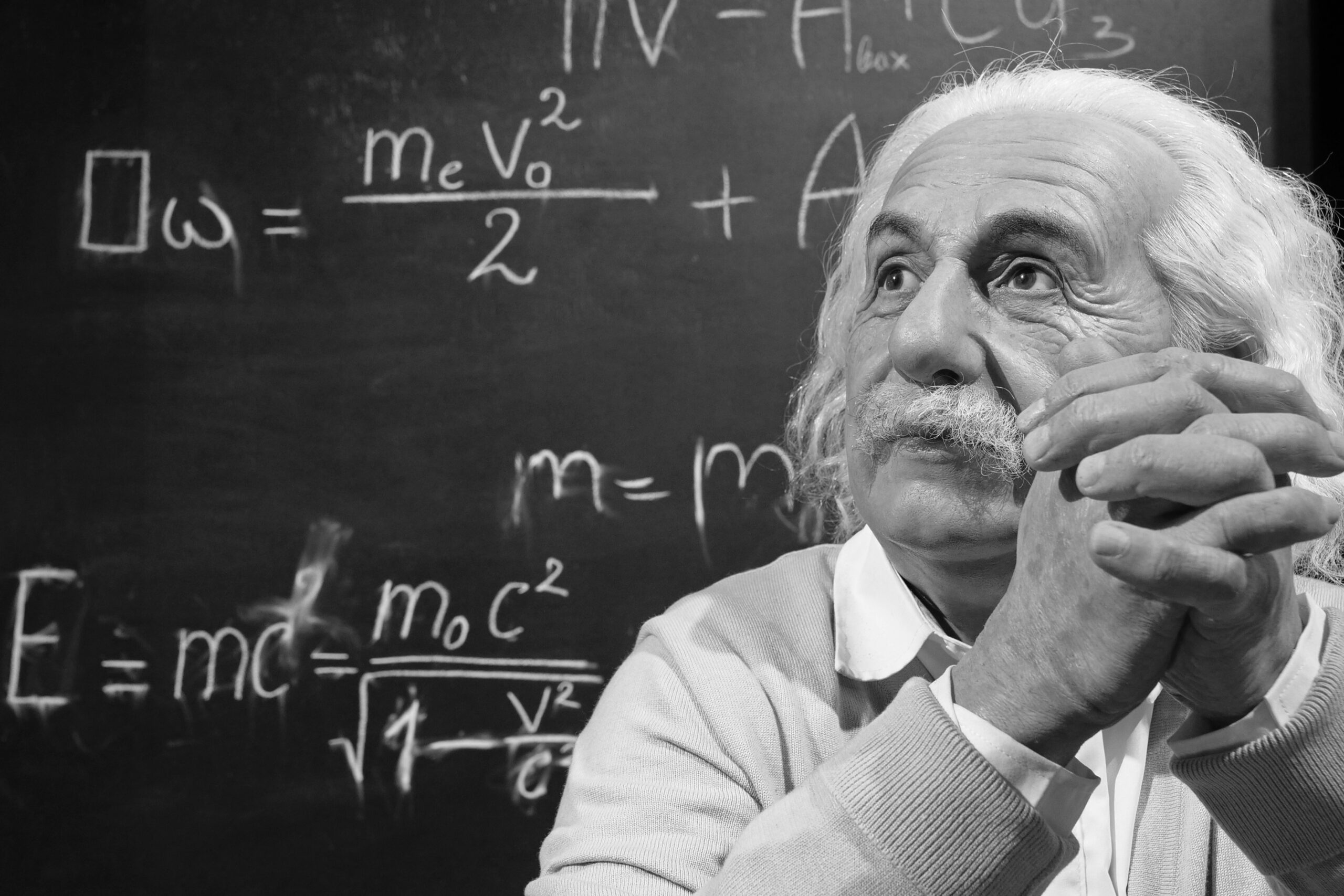
Yuval Noah Harari: Historian Reframing
From Ancient Origins to AI: How One Scholar Challenges the Way We See Ourselves
What does it mean to be human? Where have we come from — and where are we going?
Few modern thinkers have dared to ask — and attempt to answer — such vast questions as Yuval Noah Harari. A historian by training, Harari has become one of the most influential voices of the 21st century, thanks to his bestselling books Sapiens, Homo Deus, and 21 Lessons for the 21st Century.
This post explores Harari’s unique perspective on human history, technology, consciousness, and our collective future — and why his voice matters now more than ever.
Outline
- From Academic to Global Thinker
- Sapiens: A Brief History That Captivated the World
- Homo Deus: What Happens After We Conquer Death?
- 21 Lessons: Surviving the Present, Preparing for the Future
- Harari’s View on Artificial Intelligence and Data
- Buddhism, Mindfulness, and Mental Clarity
- Criticism and Controversy
- Harari’s Ongoing Influence
- Final Reflections
From Academic to Global Thinker
Yuval Noah Harari was born in 1976 in Israel and earned a doctorate in history from the University of Oxford. Originally focused on military and medieval history, Harari’s shift to macro-level storytelling would catapult him into the global spotlight.
He’s now a lecturer at Hebrew University of Jerusalem, but his work has transcended academia, earning praise from world leaders, tech giants, and everyday readers alike.
From lecture halls to Davos panels, Harari has become the historian the future listens to.
Sapiens: A Brief History That Captivated the World
Published in 2011, Sapiens: A Brief History of Humankind became a global bestseller, translated into over 65 languages. It tells the sweeping story of human evolution — from foraging bands to global empires — in a clear, captivating narrative.
Key ideas include:
- The Cognitive Revolution: Our ability to believe in shared myths (religion, money, nations) enabled large-scale cooperation.
- The Agricultural Revolution: A “trap” that created inequality and overwork.
- The Myth of Progress: Comfort increased, but happiness didn’t necessarily follow.
Sapiens redefined what a history book could be — not just about facts, but about meaning.
Homo Deus: What Happens After We Conquer Death?
In Homo Deus: A Brief History of Tomorrow (2015), Harari explores what happens when humanity turns its attention from survival to upgrading itself.
He predicts:
- The rise of dataism: a new worldview where information is the ultimate value
- The pursuit of immortality and artificial life
- The possible irrelevance of most humans in an AI-dominated future
Homo sapiens, he argues, may soon evolve into “Homo deus” — godlike beings of our own making.

21 Lessons: Surviving the Present, Preparing for the Future
Published in 2018, 21 Lessons for the 21st Century tackles the now — fake news, terrorism, climate change, the rise of nationalism, and digital surveillance.
Rather than offering easy solutions, Harari challenges readers to:
- Ask better questions
- Remain sceptical of ideology
- Focus on mental resilience, not just economic success
“In a world flooded with irrelevant information, clarity is power,” he writes.
Harari’s View on Artificial Intelligence and Data
Perhaps Harari’s most urgent warning is about AI and data-driven surveillance.
He believes:
- Algorithms may know us better than we know ourselves
- Data monopolies pose a threat to democracy
- “Free will” may become an outdated concept in a world of behavioural prediction
He often compares data to land during the colonial era — whoever controls it, controls the future.
Harari isn’t anti-tech — but he insists we must ask ethical questions faster than the technology evolves.
Buddhism, Mindfulness, and Mental Clarity
Despite his high-tech interests, Harari finds grounding in ancient wisdom.
He practises Vipassana meditation, often spending weeks in silence, and credits it for:
- Helping him observe his thoughts
- Remaining calm amidst chaos
- Making better, more conscious choices
For Harari, clarity of mind is the only true compass in an age of noise.
Criticism and Controversy
Not everyone agrees with Harari’s sweeping narratives.
Critics argue:
- His books oversimplify complex historical trends
- Some predictions verge on science fiction
- He sometimes blurs the line between historian and philosopher
Yet even his critics acknowledge his gift for synthesis, and his ability to spark meaningful dialogue in a distracted world.
📌 Love him or challenge him — Harari is shaping how millions understand the human story.
Harari’s Ongoing Influence
Today, Harari:
- Advises world leaders, including presidents and tech CEOs
- Continues to publish essays and speak on global platforms
- Runs the Sapienship initiative, focusing on education and global challenges
- Champions education, cooperation, and mindfulness as keys to future survival
He may not offer utopias — but he offers frameworks for thinking in a world overwhelmed by information.
His voice has become a bridge between past, present, and future.
Final Reflections
Yuval Noah Harari has achieved something rare: he’s made history, philosophy, and existential risk mainstream conversations. In an age of noise, he offers depth. In a time of polarisation, he promotes perspective.
He doesn’t just tell us what happened — he asks us who we want to become.
In the end, his work is less about predicting the future, and more about preparing our minds for it.


